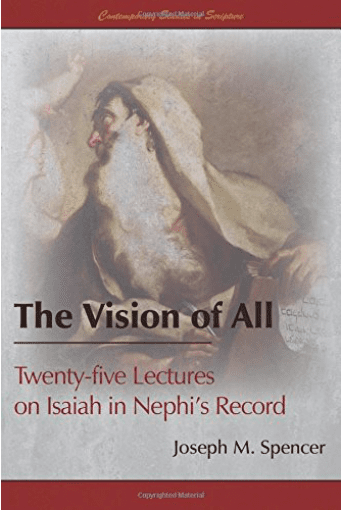First, to continue from last week, is Isaiah’s love of wordplay and pun, which drives much of Isaiah’s word choice. Although we call this “wordplay” in English (or paronomasia, if you’re being technical) this was for literary effect and making it memorable; not for cleverness or frivolous entertainment. For example, in 24:17 we read Isaiah speaking of “terror, a pit, and a snare.” These nouns are pachad, wa-pachat, wa-pach (wa meaning “and” here, a conjunction) See the Anchor Bible Dictionary article, “Wordplay”. The lesson... Read more
















